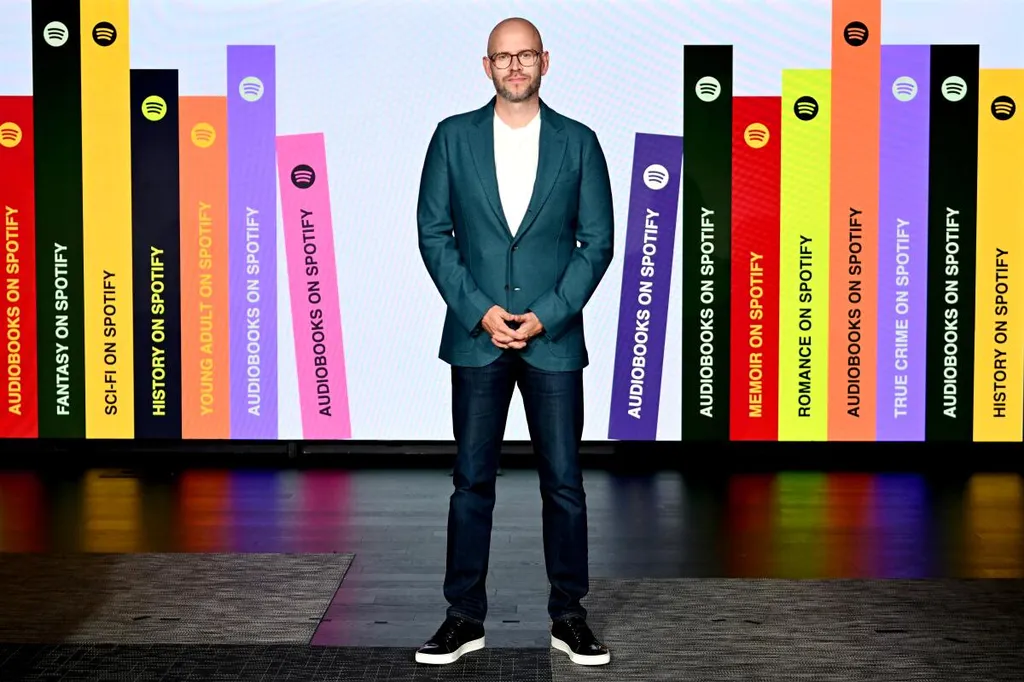Daniel Ek’s departure from Spotify marks a pivotal moment not just for the streaming giant, but also for the broader landscape of European technology and defence innovation. As Ek transitions from leading a global entertainment platform to focusing on the creation of “supercompanies,” his vision extends far beyond music—into the realm of artificial intelligence and military technology. This shift raises critical questions about the intersection of private enterprise, geopolitical strategy, and ethical responsibility.
Ek’s decision to pivot towards developing new technologies to address global challenges comes on the heels of his controversial foray into the defence sector. His investments in AI-based military technology have already sparked backlash from artists and activists, who argue that such ventures undermine the ethical foundations of companies like Spotify. The tension between commercial success and moral accountability is now more pronounced than ever.
In a recent episode of the 7am podcast, journalist Liz Pelly delved into Ek’s investments in AI-driven military solutions, highlighting the growing influence of tech entrepreneurs in shaping global security paradigms. Pelly’s work underscores the need for greater transparency and public discourse around how private capital is being deployed in defence innovation.
Ek’s vision of European “supercompanies” suggests a strategic alignment with broader geopolitical trends. As nations increasingly rely on private-sector innovation to bolster their defence capabilities, the lines between civilian and military technology are blurring. This raises questions about the role of European governments in regulating and guiding these developments, particularly when it comes to AI, which has the potential to revolutionise warfare.
The backlash from artists and activists reflects a broader societal unease with the militarisation of technology. As AI continues to advance, the ethical implications of its use in defence become increasingly urgent. The debate over whether private companies should be involved in developing military applications of AI is likely to intensify, particularly as more entrepreneurs follow Ek’s lead.
For Europe, Ek’s move could signal a new era of technological sovereignty. By fostering homegrown supercompanies, the continent may seek to reduce its dependence on foreign defence contractors and assert greater control over critical technologies. However, this also comes with the responsibility to ensure that these advancements are aligned with democratic values and human rights.
As Ek steps back from Spotify, his next chapter will undoubtedly shape the future of European tech and defence. The challenge will be balancing innovation with ethical considerations, ensuring that the pursuit of technological supremacy does not come at the cost of societal trust and global stability. The world will be watching closely to see how this plays out.

